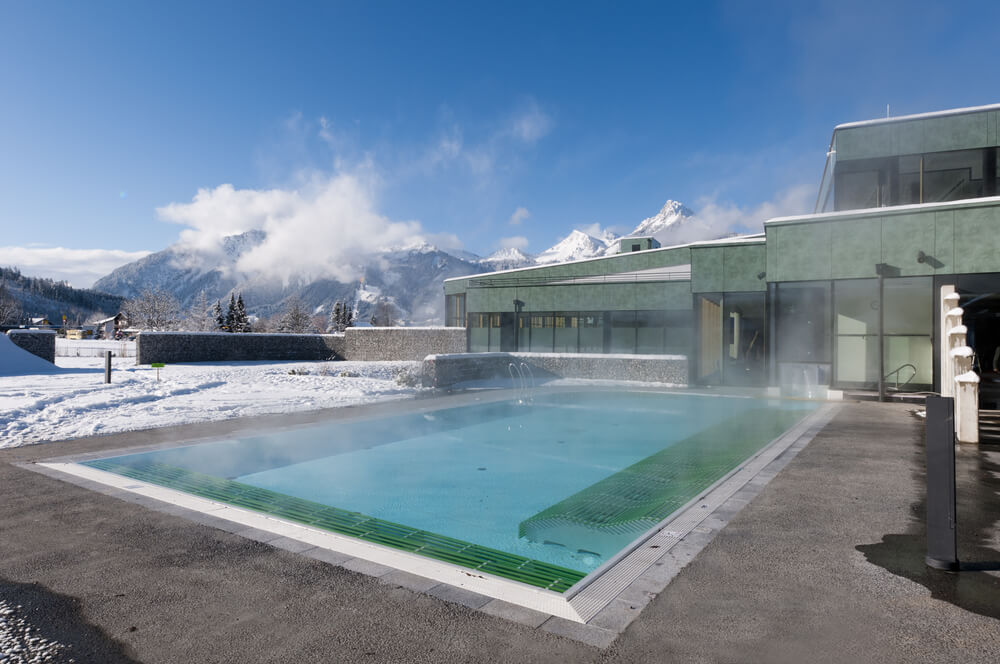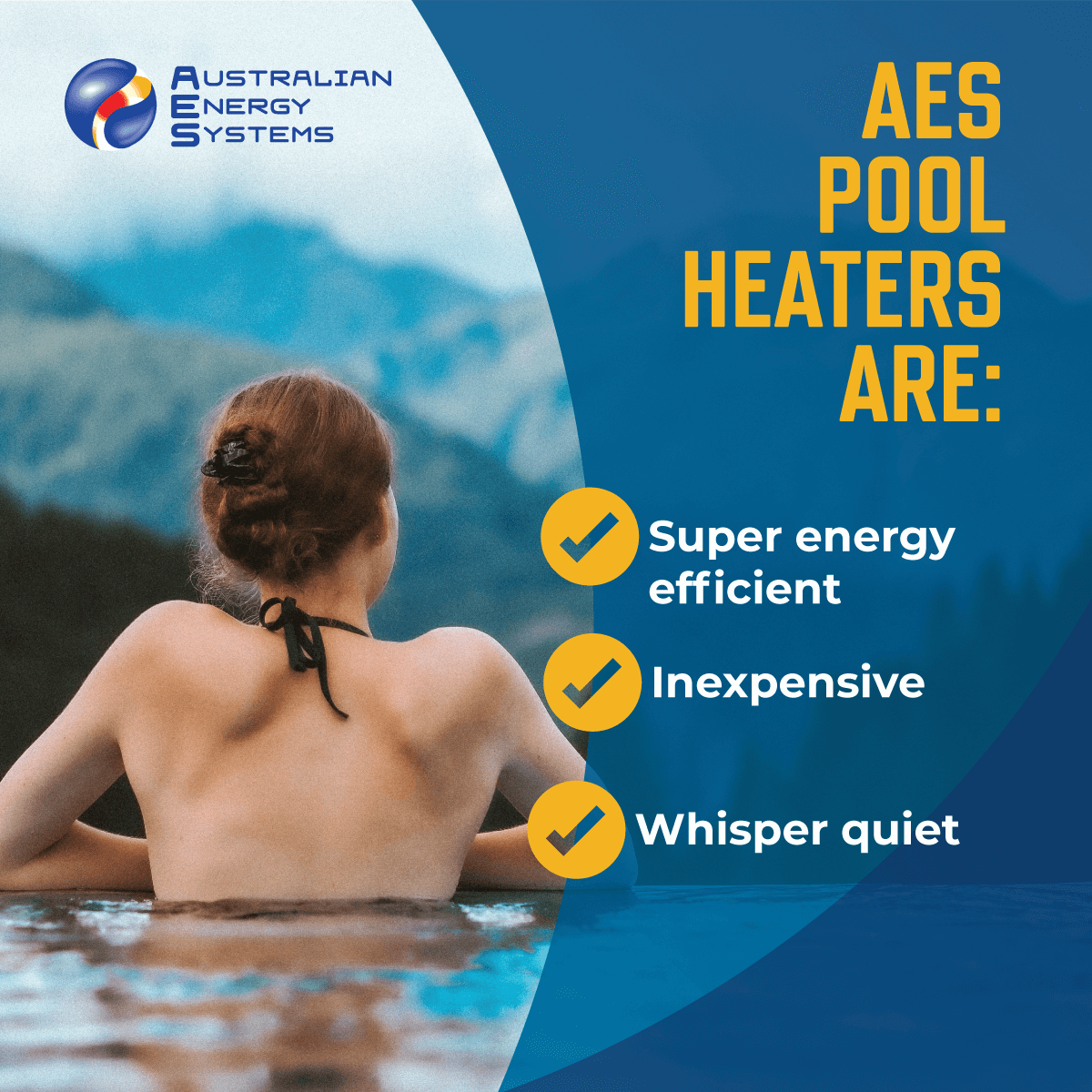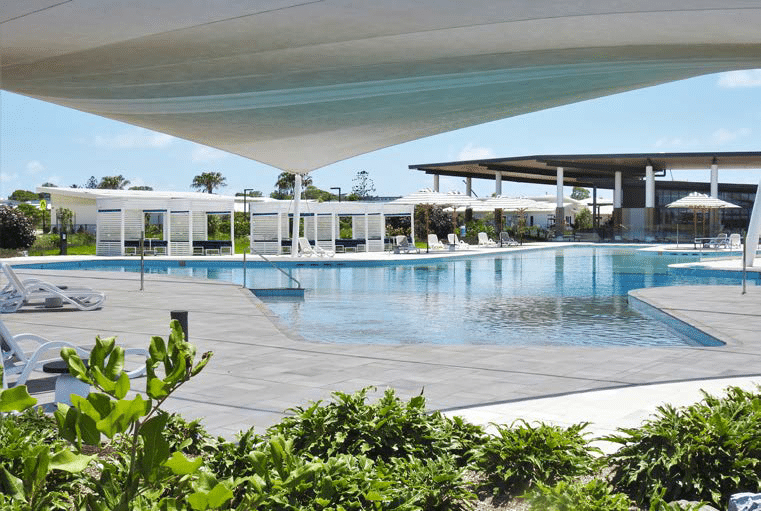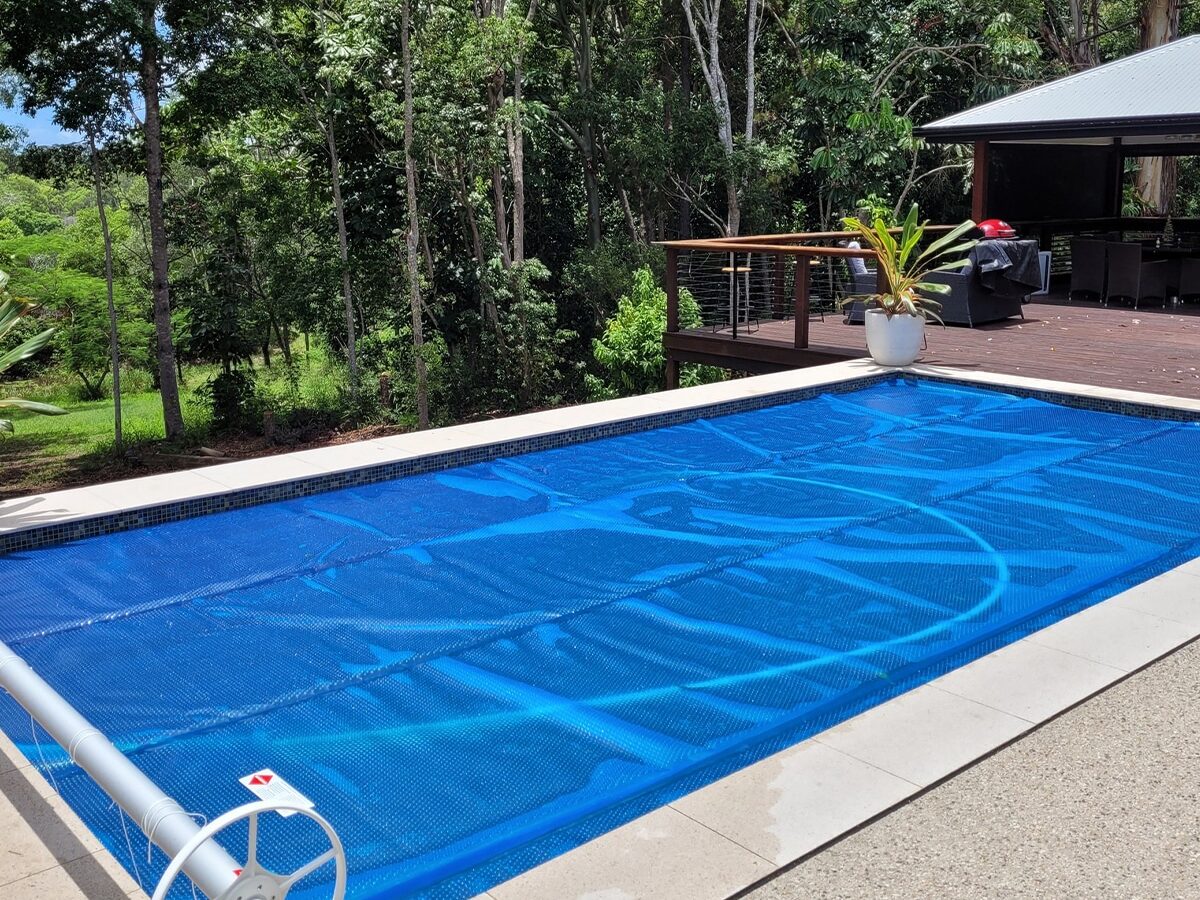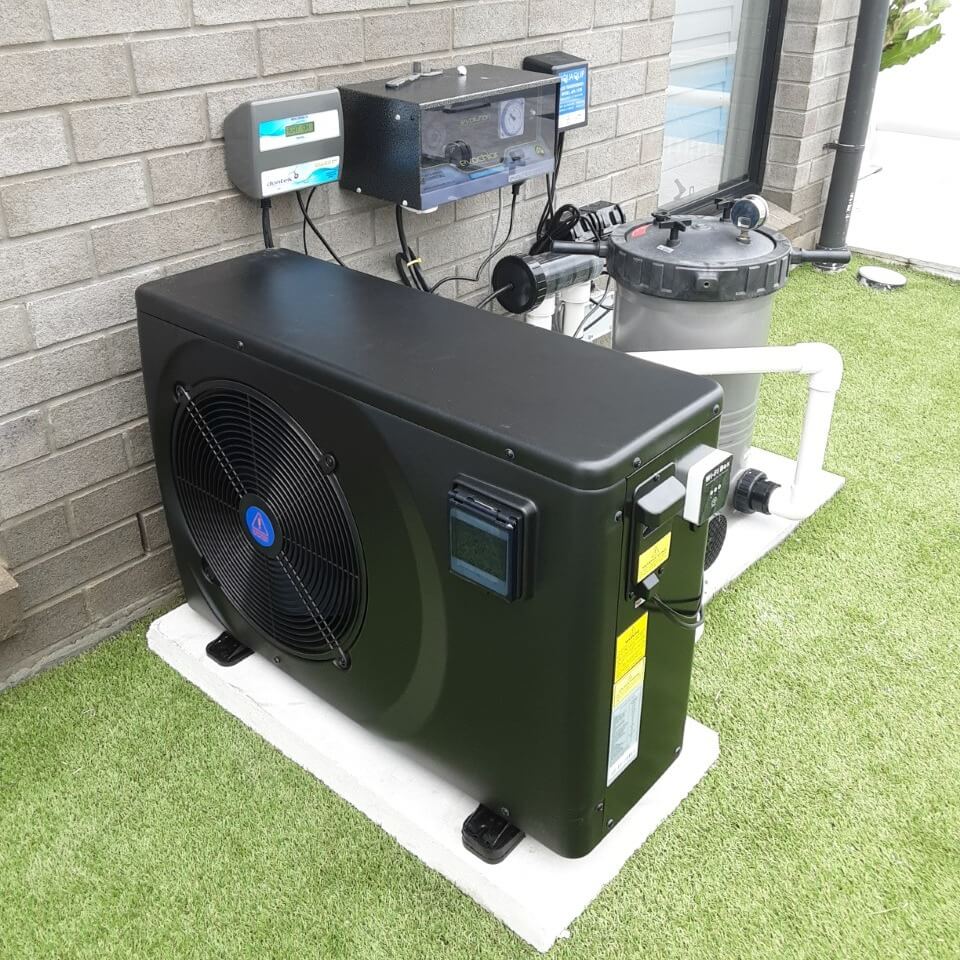It’s the question pool owners ask as they tuck away their swimmers for the winter: is pool heating too expensive during winter? What’s the cheapest and best option? We’ll break down the types of pool heaters to help you keep your pool warm and your costs down.
AES Pool Heating Tweet
We’ll start at the top, with the three main types of pool heaters most Australians choose from, along with an estimate of what you might expect to pay in ongoing costs.
Table of Contents
Electric Heat Pump Pool Heaters
Electric heat pumps are the most reliable and economical pool heaters if you’re after year-round swimming. They look like an air conditioner unit and are placed by the pool, often close to the pool filter. Heat pumps pull ambient heat from the air and transfer it to the pool water as it’s sucked through the unit. It uses only a small amount of electricity to run.
Efficiency and economy:
Most modern heat pumps can work in any temperature and weather conditions and are incredibly cost-effective. They don’t release greenhouse gases, use renewable energy and have an incredibly long lifespan up to 15 years.
It’s also important to note that the cost of an electric heat pump can be offset by a solar system, especially when it’s set to run during peak daytime hours.
Cost to heat your pool in winter:
It’s difficult to give exact costs because there are so many variables, including fluctuating electricity prices, the size of the pool, the ambient temperature, desired temperature, and the unit’s coefficient of performance (COP). As a gross estimate, an electric heat pump could cost a few cents an hour up to or around $1.30 an hour.
Drawbacks to know about:
Electric heat pumps can cost a little more upfront than other options, ranging between $3,000 to $6,000 depending on the size of the pump. You’ll also need to pay for installation and have a power supply connected.
Solar Pool Heating
Solar pool heating has some big wins and big misses. Of all the systems, it’s technically the cheapest to run since it uses the sun’s energy to heat pool water as it runs through a heating mat on your roof. However after installation, you would pay next to nothing to heat your pool.
Unfortunately, no one can control the weather, and one cloudy day can ruin the fun for the whole family. Winter’s chilly temperatures and shorter days mean you can’t use solar for year-round heating.
Efficiency and economy:
If you live in a warmer climate such as Queensland where it’s still sunny and warm throughout winter, you might be able to extend your swimming season longer than other southern states. We find many South East Queensland residents can comfortably swim from around September to April with a solar heater – but not during the winter season unless they like a cold plunge.
You won’t get a pool heater more environmentally friendly than solar, since it taps into a renewable energy source and has very little carbon footprint.
Cost to heat your pool in winter:
A solar heater will cost next to nothing to run after it’s installed. Unfortunately, it’s not likely that you’ll be able to heat your pool to a (comfortably!) swimmable temperature in winter.
Drawbacks to know about:
Solar pool heaters take up space on your roof, which might prevent you from being able to install solar panels that can reduce your overall energy costs. It can also have a higher initial cost, ranging from $3,000 to $7,000 or more depending on the size of the system you need.
Gas Heaters
For the fastest heatin’ in town, look to the gas pool heater. Gas heaters use natural gas to rapidly heat pool water in as little as a few hours, compared to other systems that can take two to three days.
However, gas is expensive at the moment, making gas pool heaters the least economical way to heat your pool.
Efficiency and economy:
It takes an enormous amount of gas to heat a pool by several degrees in just a few hours. That’s a contrast to a pool heater like an electric pool pump, which reaches temperature slowly over one to three days and automatically adjust its speed to maintain the temperature, making it more efficient overall.
Heaters that use gas also emit greenhouse gases, making them the least eco-friendly choice.
Cost to heat your pool in winter:
Gas heaters are indisputably the most expensive way to heat your pool, although you would have the advantage of turning it on in the morning and swimming by nighttime. At a ballpark, you might pay between $4 and $12 per hour to heat your pool, depending on the size.
Drawbacks to know about:
The big downside of a gas heater is the cost and carbon footprint factor. It’s quick and will give you year-round heating, but it’s not efficient or cost-effective.
Tips for heating your pool in winter
To get the best experience out of your pool in the cooler months, you can use these ideas:
- Use a pool blanket to retain heat. A pool can lose up to 70% of its heat through its surface. Pool blankets are easy to install and use and help stop evaporation and heat loss, as well keeping the pool clear of debris.
- Turn off the pool heater if it’s not swimming weather. Heating your pool in winter when the days are sunny is great, but when the weather changes and the water no longer feels enticing it’s time to turn the heater off. Heaters need between 4 hours to 3 days to heat, so you can always turn it on again when the sun is out again.
- Run your electric heat pump during the warmest hours of the day. Heat pumps operate most efficiently when the air around it is warmest, so running it during peak daytime hours will give you more heating power for less money.
Were to Start?
Ultimately, every pool in every backyard is unique. It’s a good idea to call a pool heating company like AES who can give you some over-the-phone advice or even visit your site for free to measure up your pool and recommend the right size and model of heater. We’re happy to help and can take care of your heater installation from start to finish.
Call us on 1800 243 887 – we’d love to help you dive into your winter-warmed pool as soon as possible!

